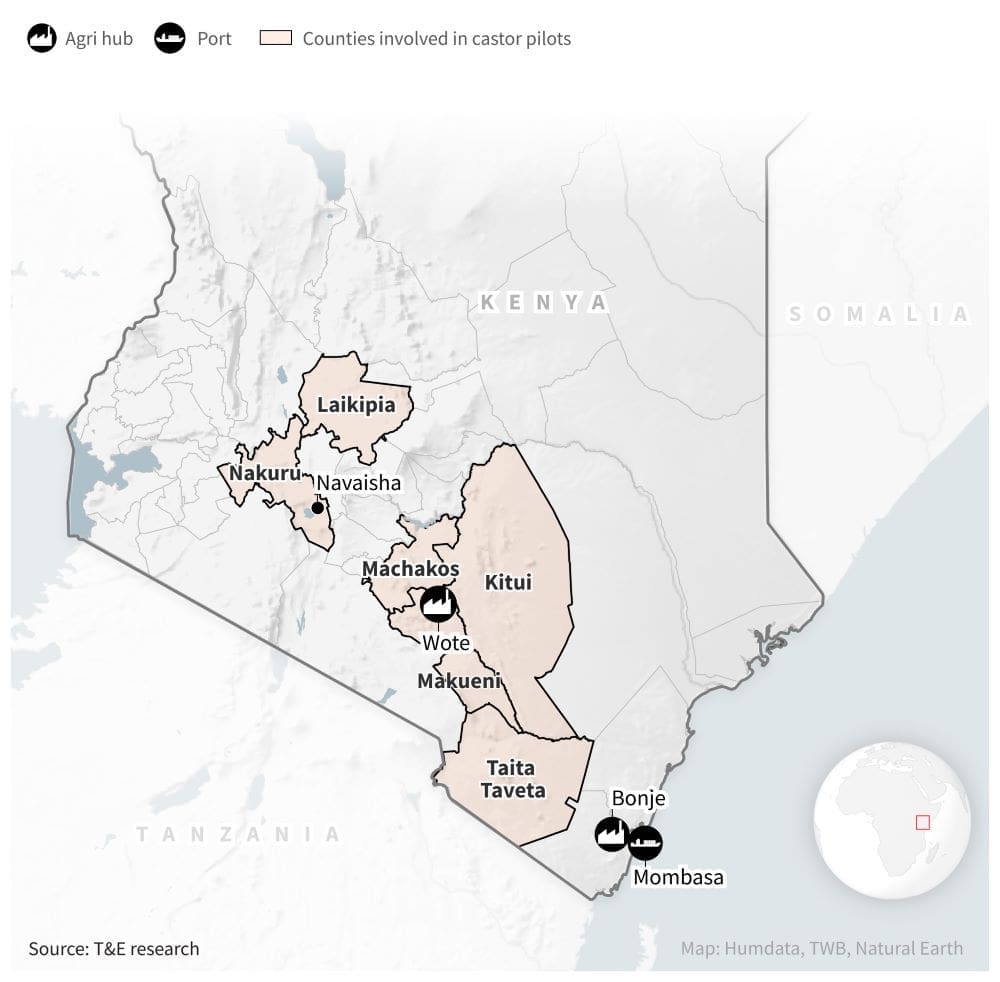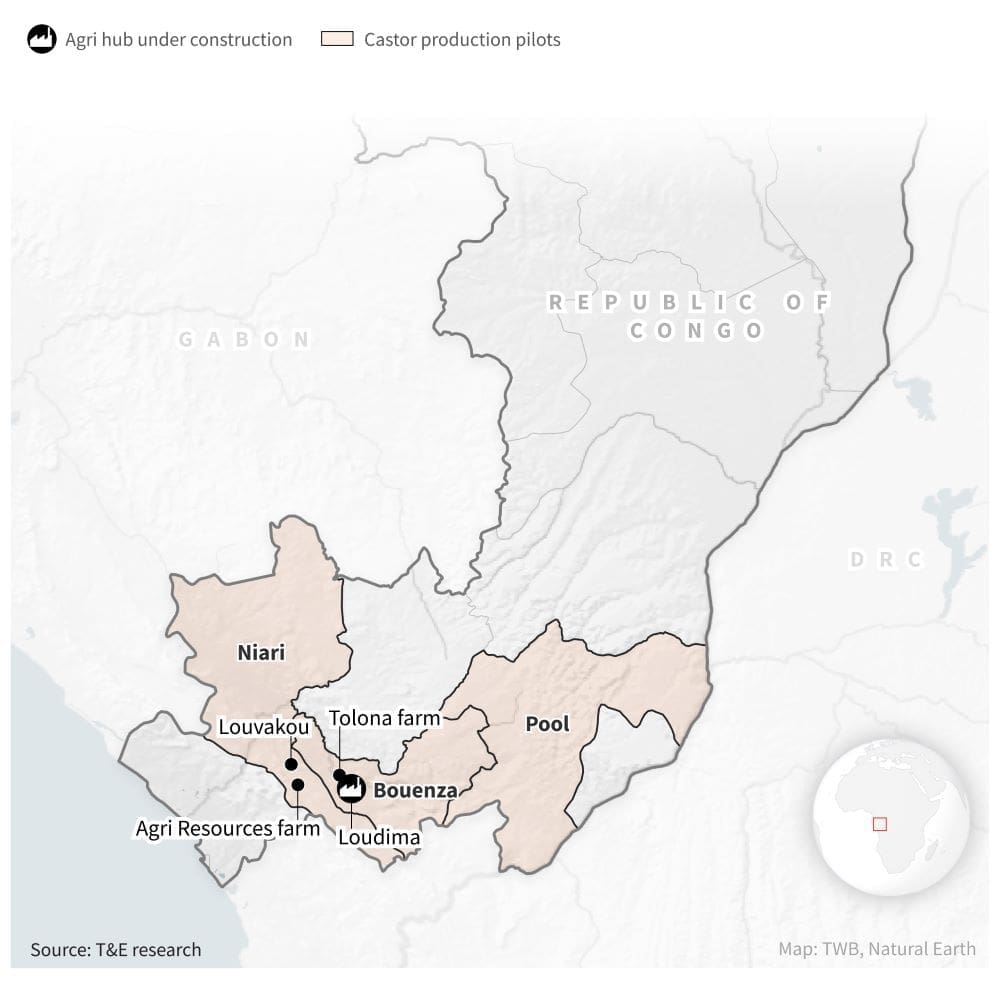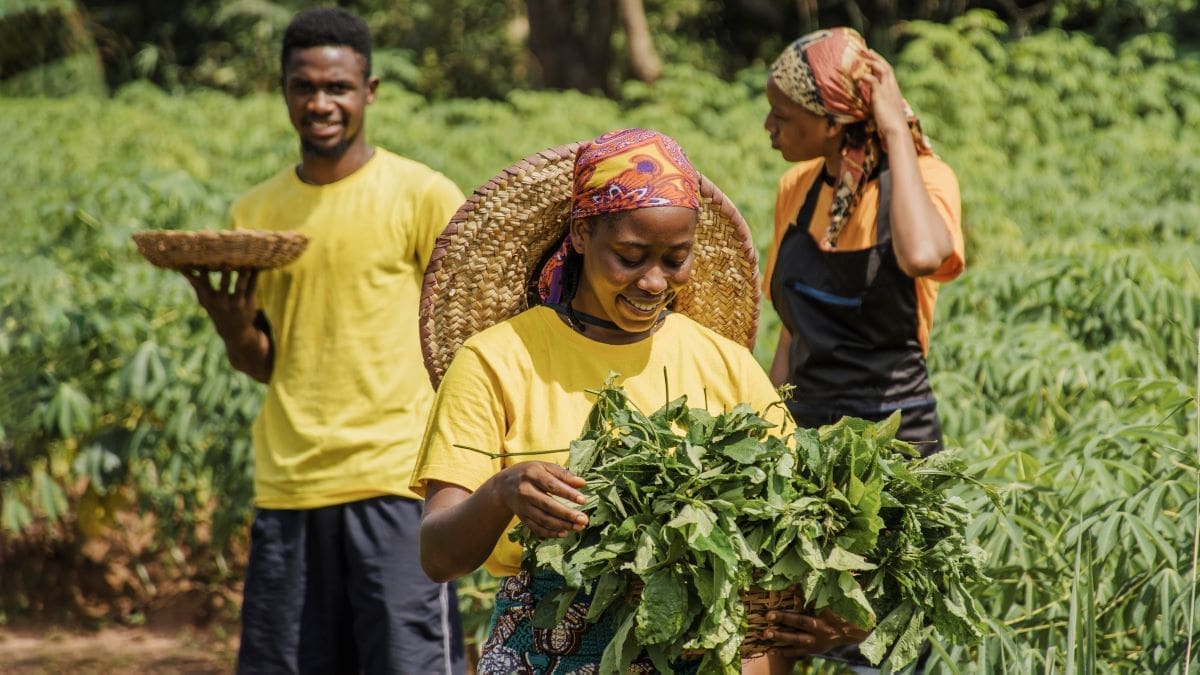Italian oil conglomerate Eni’s ambitious plan to produce thousands of tonnes of biofuel crops in Africa has hit a stumbling block, according to a recent investigation by Transport & Environment (T&E), in collaboration with The Continent. The investigation sheds light on Eni’s failure to meet its targets, raising doubts about the feasibility and credibility of its green energy initiative.
Eni’s biofuel venture, backed by Italian Prime Minister Giorgia Meloni, aims to scale up biofuels as a sustainable alternative to oil and gas. The company has recently secured a significant deal with Ryanair to supply sustainable aviation fuels, highlighting its commitment to renewable energy. Moreover, the Italian government sees Eni’s energy investments in Africa as crucial to its foreign policy objectives, particularly in fostering economic development to curb migration flows.
Central to Eni’s strategy is the creation of a new supply chain for sustainable oils derived from agricultural crops. Partnering with six African countries, Eni plans to establish ‘agri-hubs’ to produce vegetable oil for its refineries. Castor, a drought-resistant crop, is the primary focus, with Eni aiming to enroll 400,000 farmers in Kenya alone by 2027, producing up to 200,000 tonnes annually.
On-the-ground investigations in Kenya and the Republic of the Congo reveal significant shortcomings in Eni’s projects. Data analysis indicates that Eni has failed to achieve even a quarter of its 2023 production targets in Kenya, while projects in the Republic of the Congo have stalled at the pilot stage for over 18 months.
Agathe Bounfour, T&E’s oil program lead, remarked, “This is the first time an oil company has got into the business of farming crops for fuel and represents a major attempt to scale up biofuels production. The evidence from Kenya and the Republic of the Congo suggests that this miracle new energy source being pushed by Eni will not bring development to Africa, nor is it a solution for Europe’s energy needs. Growing drought-resistant energy crops on arid lands sounds too good to be true. That’s because it is.”
Testimonies from Kenyan farmers reveal a complex network of subcontractors and cooperatives, leading to inefficiencies and disappointment among small-scale farmers. Moreover, severe drought conditions have exacerbated harvest losses, further undermining Eni’s biofuel ambitions.


In the Republic of the Congo, Eni’s reliance on large agribusinesses has faced challenges in adapting seed varieties to local conditions, delaying project implementation. Allegations of land expropriation by the government in favor of Eni’s partners have raised concerns about the project’s impact on local communities.
Despite these setbacks, the International Finance Corporation (IFC), a branch of the World Bank, is considering a $210 million loan to Eni Kenya for expanding agri-hubs. The decision is pending, with the IFC citing the need for further assessment.
While Eni continues to invest heavily in oil and gas exploration globally, allocating €25 billion for such projects, only €3.4 billion is earmarked for biofuel manufacturing. In response to T&E’s inquiries, Eni denied under-delivering on its green projects, citing anticipated improvements in agricultural yields through the introduction of new plant varieties.
Doubts persist among project partners and agricultural experts regarding the efficacy of these measures in addressing the project’s underlying challenges. Eni’s biofuels gamble in Africa appears to have fallen short of its lofty promises, casting disbelief on the viability of its green energy aspirations.
(More information: Transport & Environment’s (T&E) – Press Release; Featured image credits: Freepik)




